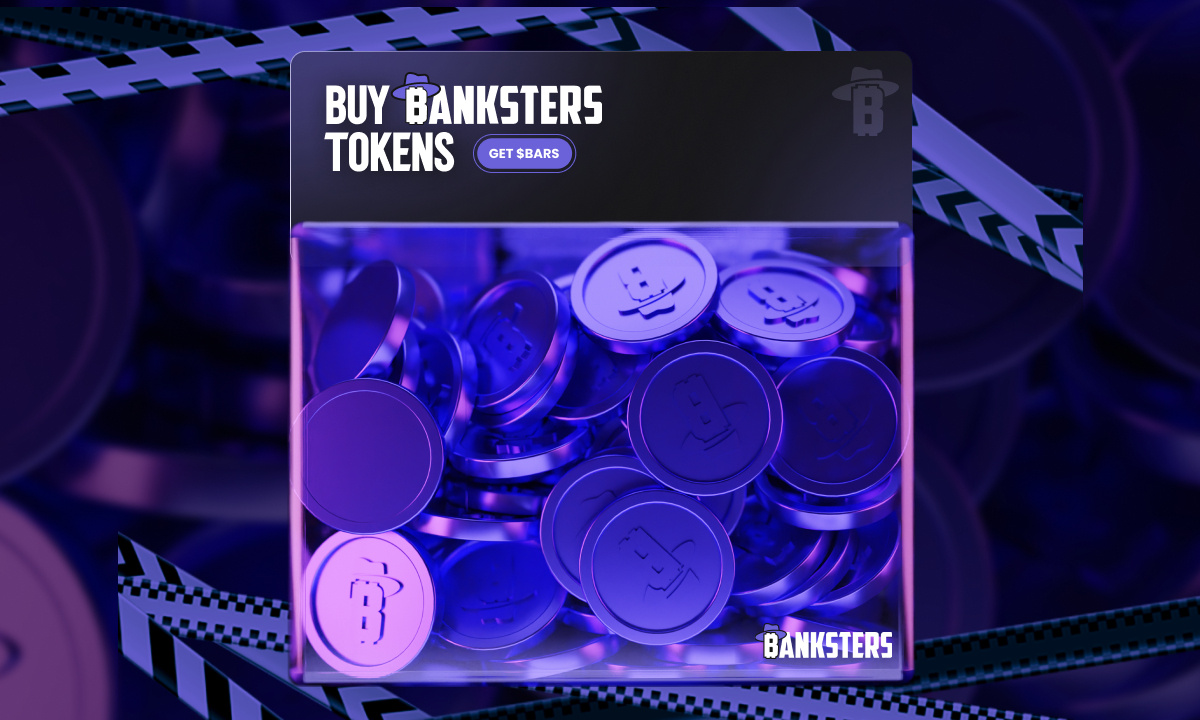Tencent’s WeChat Platform Blocks Over 10 NFT Public Accounts
Over ten WeChat public accounts involved in non-fungible token (NFT) trading have been disabled by Tencent’s WeChat platform, the majority of which are small and medium-sized NFT exchanges. Other major platforms, such as Tencent-owned Huanhe, have yet to follow suit.

According to industry experts, the action does not indicate a regulatory shift in China’s NFT industry, which is expanding but has some gray areas. Unlike Bitcoin trading and mining, which are prohibited in China, it has yet to develop clear laws. However, because there has been an increase in speculation and cases of fraud, Tencent’s move could suggest increased monitoring at the corporate level, they said.
Art Meta, Huasheng Meta, iBox, One Meta, and Yidianshucang are among the WeChat accounts that have been blocked
In China, NFT trading is referred to as “digital collection,” and most transactions on Chinese NFT platforms are conducted in Chinese yuan rather than the crypto currency used on overseas NFT platforms.

According to news website 21jingji.com, WeChat announced on Wednesday that the measure was intended at limiting speculation and second-hand NFT trading via WeChat accounts and micro programs in order to mitigate the dangers connected with crypto currency trading.
Under the rectification, WeChat public accounts that support primary NFT trading shall provide proof of cooperation with blockchain firms that have been put on record with the Cyberspace Administration of China. Second-hand trading is totally banned at the WeChat platform.
“If any bypass or counter moves are detected, the accounts may be banned or removed based on the extent of the violation,” WeChat said, adding that the platform will closely follow relevant regulation to adjust and improve rules.
Most platforms were shut down because they were “engaged in the publication and spread of enterprises for which they lacked certificates.” Certain platforms have been prohibited due to “alleged fraud.” Some NFT platforms have also received notices from WeChat in recent days, requesting them to deliver certificates by April 1. If not, those platforms may be prohibited as well.
Tencent’s decision might be viewed as “a precautionary action” to defend against future financial hazards, according to Wang Peng, an assistant professor at Renmin University of China’s Gaoling School of Artificial Intelligence.
“In China, there’s no clear policy regulating this industry, which has gained momentum this year. But the sector has a mixture of NFT tokens of genuine value and fraud cases. How a leading tech firm like Tencent deals with such chaos may also shed light on how NFTs can be regulated in China in the future,” Wang said.
In 2021, Chinese regulators moved to ban Bitcoin mining after outlawing cryptocurrency trading in 2017.
DISCLAIMER: The Information on this website is provided as general market commentary and does not constitute investment advice. We encourage you to do your own research before investing.
Join CoinCu Telegram to keep track of news: https://t.me/coincunews
Follow CoinCu Youtube Channel | Follow CoinCu Facebook page
Annie
CoinCu News



















